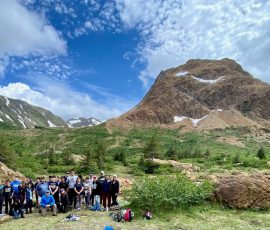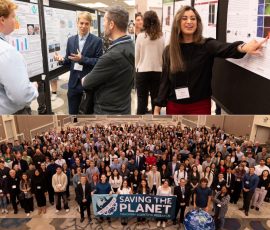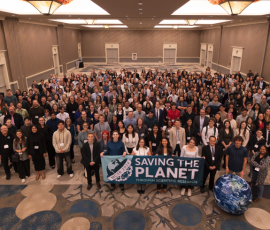29th Annual Murdock College Science Research Conference (2020)
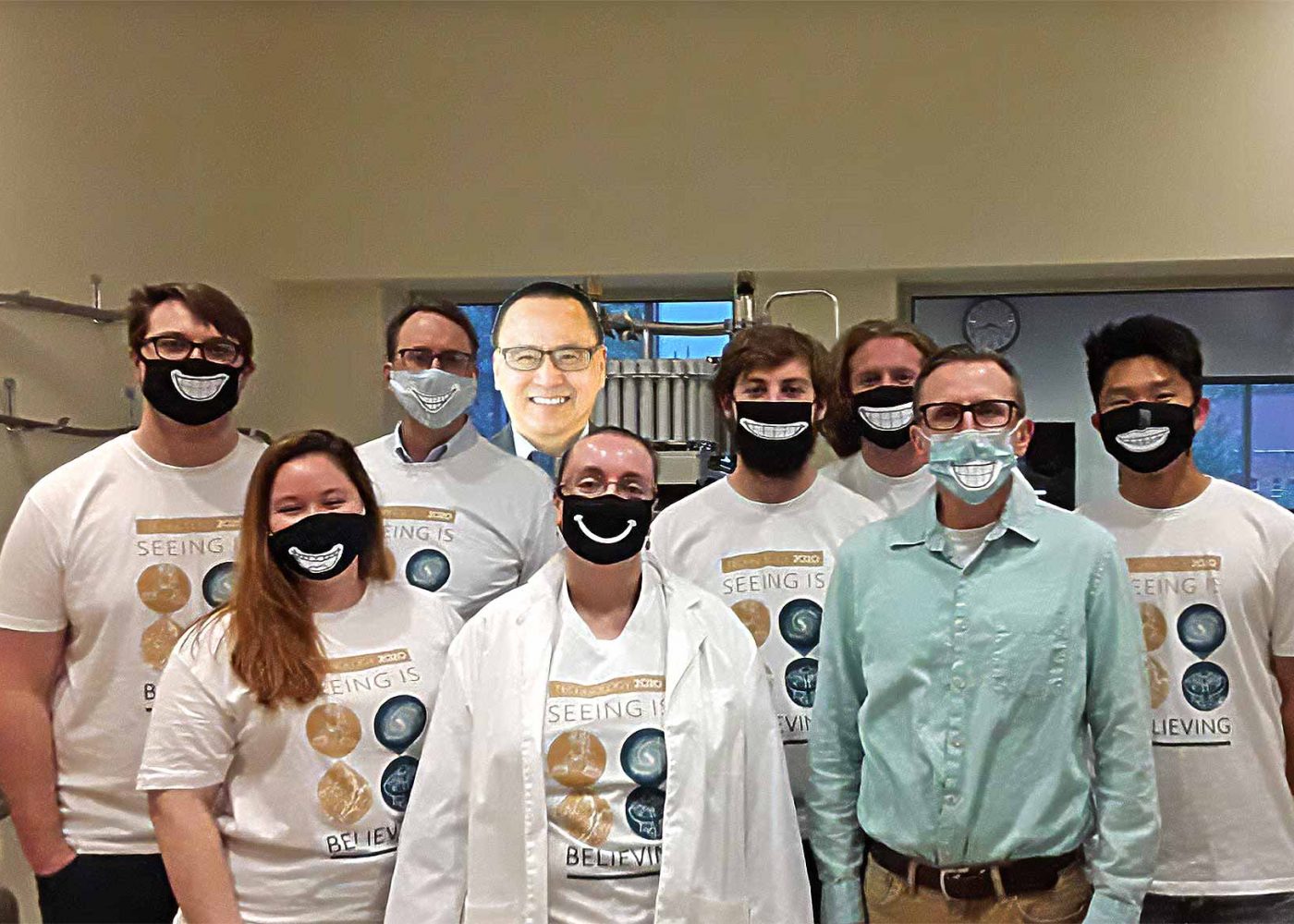
29th Annual Murdock College Science Research Conference (2020)
2020 Lynwood W. Swanson Scientific Research Awards
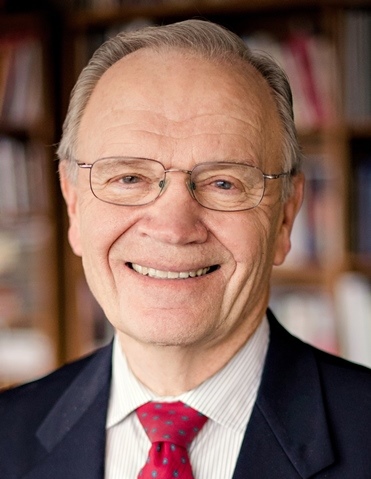
The M.J. Murdock Charitable Trust has announced the winners of its new annual scientific research awards at the 2020 MCSR Conference. The awards are open to invited nominations from private undergraduate institutions within the Pacific Northwest, encompassing Oregon, Washington, Idaho, Montana and Alaska. The “Swanson Award” is intended to recognize a senior faculty exemplar with an established, productive, and nationally recognized research program, while the “Swanson Promise Award” is aimed at recognizing a junior faculty who has demonstrated an exceptional potential in establishing an exemplary, productive, and sustainable research program. The latter award is intended to honor a junior professor with less than 10 years experience as a faculty member.
A panel of national experts evaluates the nominations, and the criteria for these awards are focused on research accomplishments that include the following.
- Discovery research accomplishments with national recognition
- Substantial engagement of undergraduate students
- Recognized leadership in developing and promoting research at undergraduate institutions
- Evidence of continuing growth in productive research
The awards honor the longtime work of Dr. Lynwood Swanson, who recently retired after serving as a Trustee at the Murdock Trust for 30 years. Dr. Swanson began his career as a professor at Linfield College, before moving his research to Oregon Graduate Institute. In 1971, he co-founded FEI, a world-leader in electron optics and focused ion beam technologies in scanning and transmission electron microscopies.

2020 Lynwood W. Swanson Scientific Research Award
Dr. Daniel A. Burgard, professor of chemistry, University of Puget Sound
“For his internationally recognized work in wastewater-based epidemiology, mentorship of undergraduate student researchers, and ability to tackle real-world drug policy questions with a novel approach”
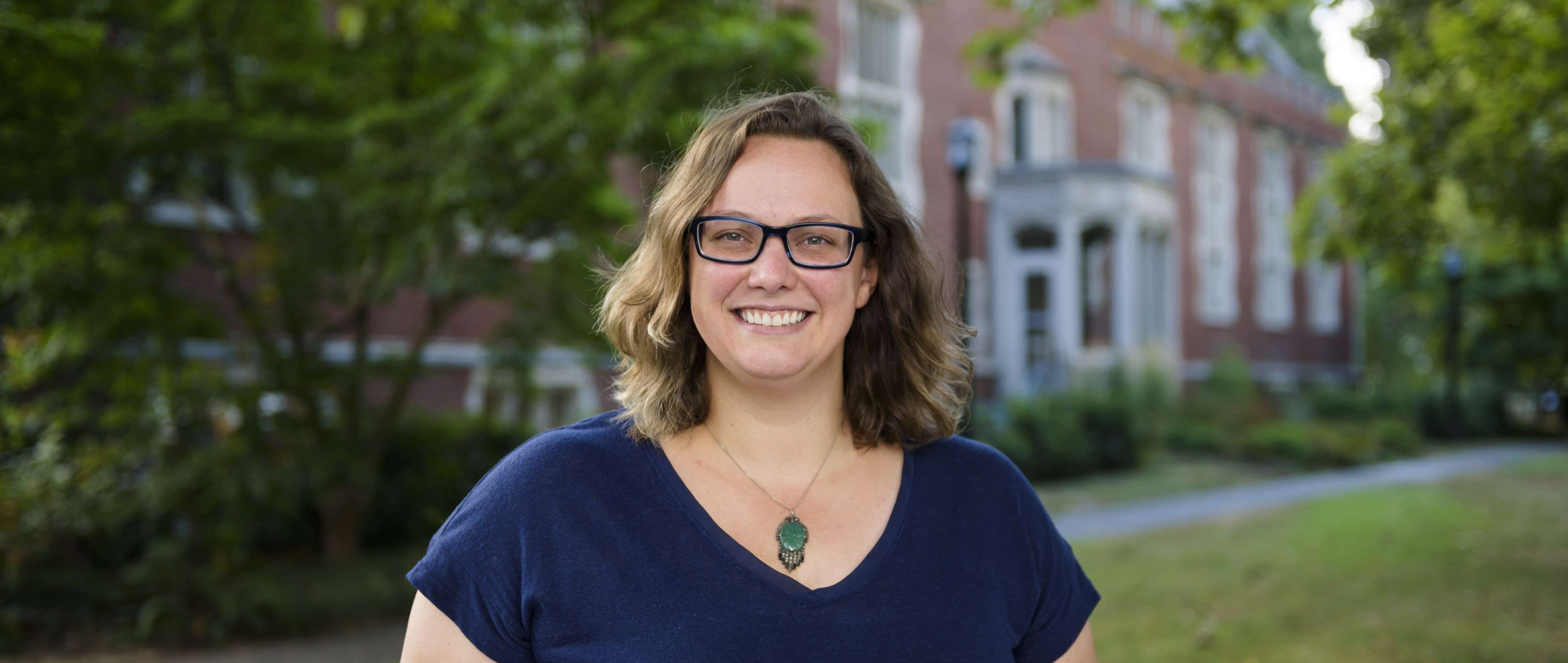
2020 Lynwood W. Swanson Promise for Scientific Research Award
Dr. Anna Ritz, associate professor of biology, Reed College
“For her computational contributions in molecular systems biology, for creating an undergraduate computational biology program, and for her dedication to undergraduate mentorship.”
2020 John Van Zytveld Oral Presentation Awards
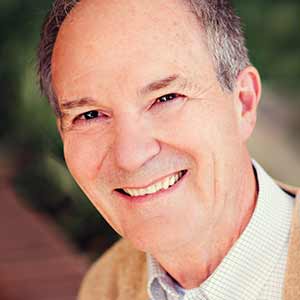
At each annual MCSR conference, students giving oral presentations compete for two awards: The John VanZytveld Physical sciences Award and The John VanZytveld Life sciences Award. The awards consist of a ribbon, a cash prize for the students and their academic departments, as well as a gift for their faculty research advisors. The criteria used by judges of faculty and students in selecting the awardees are as follows:
- Knowledge of material (understanding the background, research question, hypothesis, data collection and analysis, and limitation of the research)
- Creativity of the project
- Effective communication (clarity – slides and verbal presentation; organization; pace; answering questions)
- Level of preparation
- Ability to keep me interested
These awards are made in recognition of Dr. John Van Zytveld, a longtime Senior Program Director at the Murdock Trust and a champion for undergraduate research and science education in the region.
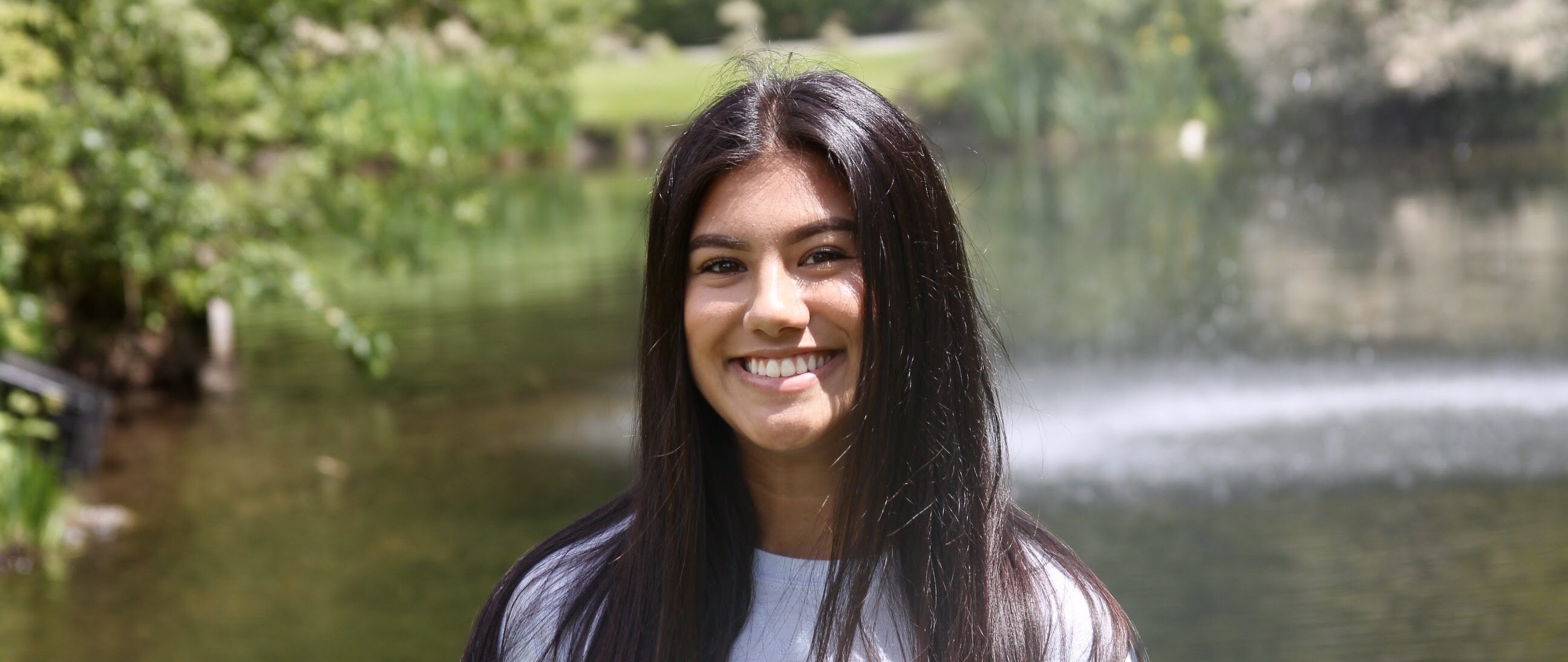
2020 John Van Zytveld Award In The Physical Sciences
Maiya Pacleb; Faculty mentor: Dr. Eric Scharrer
“Oxadiazole containing liquid crystals: Effects of structural changes on phase behavior”
University of Puget Sound
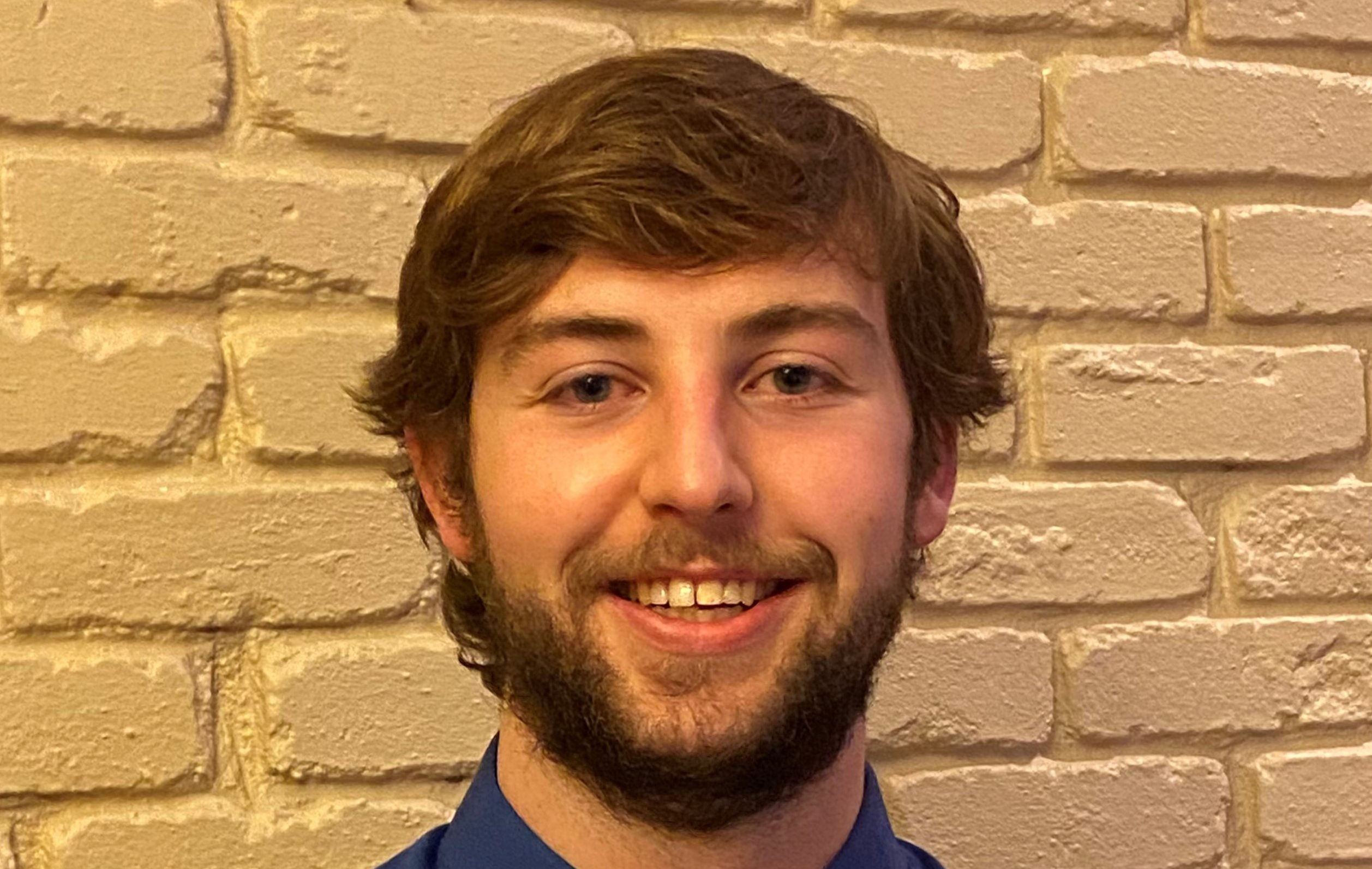
2020 John Van Zytveld Award In The Life Sciences
Ryan Bax; Faculty mentor: Dr. Aaron Putzke
“Freaking Out – Using the Transcriptome to Uncover Regulation of a Kinase During Post-Embryonic Development”
Whitworth University
Murdock Poster Prizes
Students presenting their research in a poster format are also recognized at each conference. One Murdock Poster Prize is presented to a poster in each research field, and it consists of a ribbon, a cash award and a gift for the faculty research advisor. The criteria used by faculty judges in selecting the awardees are as follows:
- Graphics relevance and visual impact
- Spelling and grammar
- Informational content
- Presentation content and research outcomes
- Presentation delivery
- Answering questions
- Overall presentation
2020 Murdock College Science Research Best Poster Award Sponsored by Luminex Corporation:
Lucas Ehinger
Faculty mentor: Dr. Mary Alberg
“An investigation of the u-d antiquark asymmetry in the proton sea through a combined Statistical and Meson Cloud Model”
Seattle University
A. Murdock Poster Prize in Ecology/Evolution/Biodiversity:
Joanna Gunther
Faculty mentor: Dr. Paige Copenhaver-Parry
“The hierarchy of light availability: A cascade of influences on seedling recruitment”
George Fox University
B. Murdock Poster Prize in Developmental Biology/Physiology:
Jessica Reisinger
Faculty mentor: Dr. Jonathan Stecyk
“Quantitative transcriptomics reveals the importance of cold acclimation for prolonged anoxia survival in Trachemys scripta”
University of Alaska Anchorage
C. Murdock Poster Prize in Molecular Biology/Cell Biology:
Allie Traeger
Faculty mentor: Dr. Sharon Torigoe
“Investigation of Low-Affinity Enhancers that Transcriptionally Regulate Klf4 in Pluripotent Stem Cells”
Lewis and Clark College
Braden Bell and Leilani Pendilla
Faculty mentor: Dr. Laura Diaz-Martinez
“Studying Three Novel Genes and Their Function in Cell Viability”
Gonzaga University
D. & E. Murdock Poster Prize in Neuroscience/Psychology/Exercise Science/Biochemistry:
Estelle Ronayne
Faculty mentor: Dr. P. Clint Spiegel, Jr.
“Crystal Structure of Blood Coagulation Factor VIII in Complex with an Anti-C2 Domain Inhibitory Antibody”
Western Washington University
F. Murdock Poster Prize in Organic Chemistry:
Drew Craddock
Faculty mentor: Dr. Kraig Wheeler
“Impacts of Increased Molecular Topology on Molecular Recognition: 4-Substituted Naphthylamides”
Whitworth University
G. Murdock Poster Prize in Analytical/Inorganic/Physical/Physical Organic/Computational Chemistry:
Haven Dick-Neal
Faculty mentor: Dr. Nathan Boland
“Small Organic Acids Inhibit Semi-junctive Nickel Transfer between Ligand Complexes recruitment”
Whitman College
H. Murdock Poster Prize in Environmental Science/Geology:
Karly Beth Serrano
Faculty mentor: Marissa Porter, John I. Hass (Yakima Golding Farms)
“Influence of Nitrogen Applications on Experimental Hop Plant Growth and Pest Populations”
Heritage University
I. Murdock Poster Prize in Microbiology:
Emily Lockhart
Faculty mentor: Dr. Christina Cooper
“Comparison of Gut Microbiome in Obese and Lean Mice”
Corban University
J. Murdock Poster Prize in Physics:
Riley Crabb
Faculty mentor: Dr. Andrea Kunder
“Spectroscopic Investigation of Inner Galaxy Stars: 2MS-GC02, Terzan 4 and the 200 km/s peak”
Saint Martin’s University
2020 Neal Thorpe Memorial Lecture
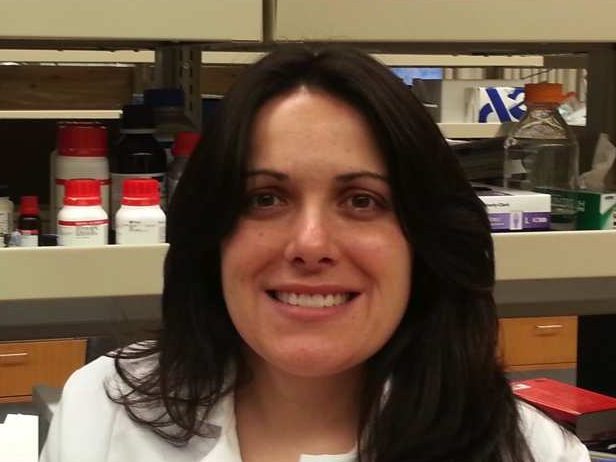
Dr. Summer Gibbs, Associate Professor, Biomedical Engineering, Oregon Health & Science University
Title: “Fluorescence Guided Surgery – Cut by Color”
Biographical Sketch
Dr. Gibbs received her undergraduate degree in Biochemistry from Whitworth College in 2003 after which she joined the graduate program in the Thayer School of Engineering at Dartmouth College under the mentorship of Dr. Brian Pogue. She was awarded her Ph.D. in Biomedical Engineering in 2008 for her work on noninvasive fluorescence imaging to detect brain cancer. Dr. Gibbs completed her postdoctoral fellowship in Dr. John Frangioni’s laboratory at Beth Israel Deaconess Medical Center and the Harvard Medical School. The mentorship she received from both Drs. Pogue and Frangioni shaped her interest in fluorescence imaging technology as a medical tool and its use to guide surgery. Dr. Gibbs started her independent laboratory at Oregon Health and Science University as an Assistant Professor in the Biomedical Engineering Department in 2012. Her group is focused on developing macroscopic and microscopic fluorescence imaging technologies to improve medical imaging. Dr. Gibbs is currently an Associate Professor and working to translate novel nerve-specific contrast agent technology to the clinic with her laboratory team and surgical collaborators.


